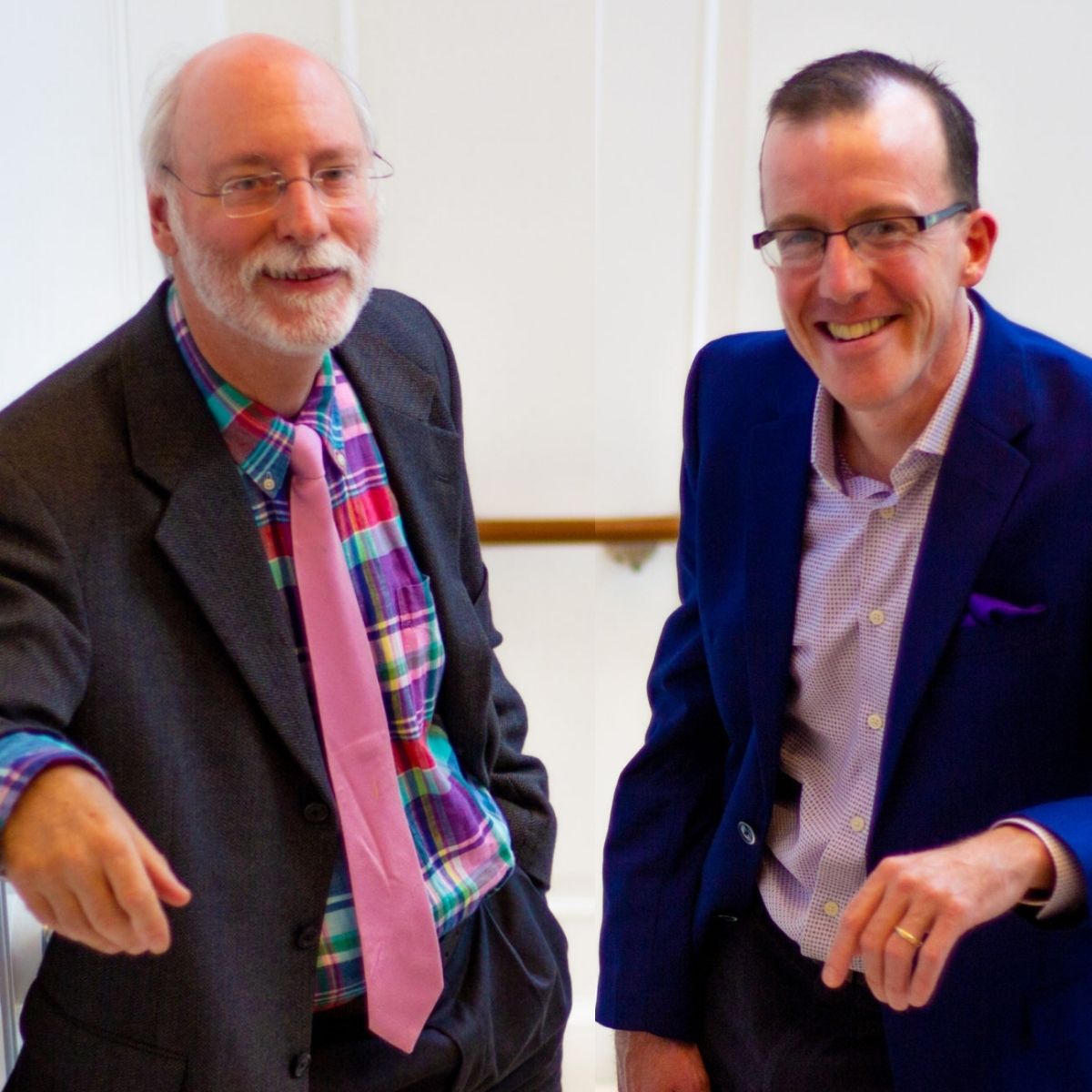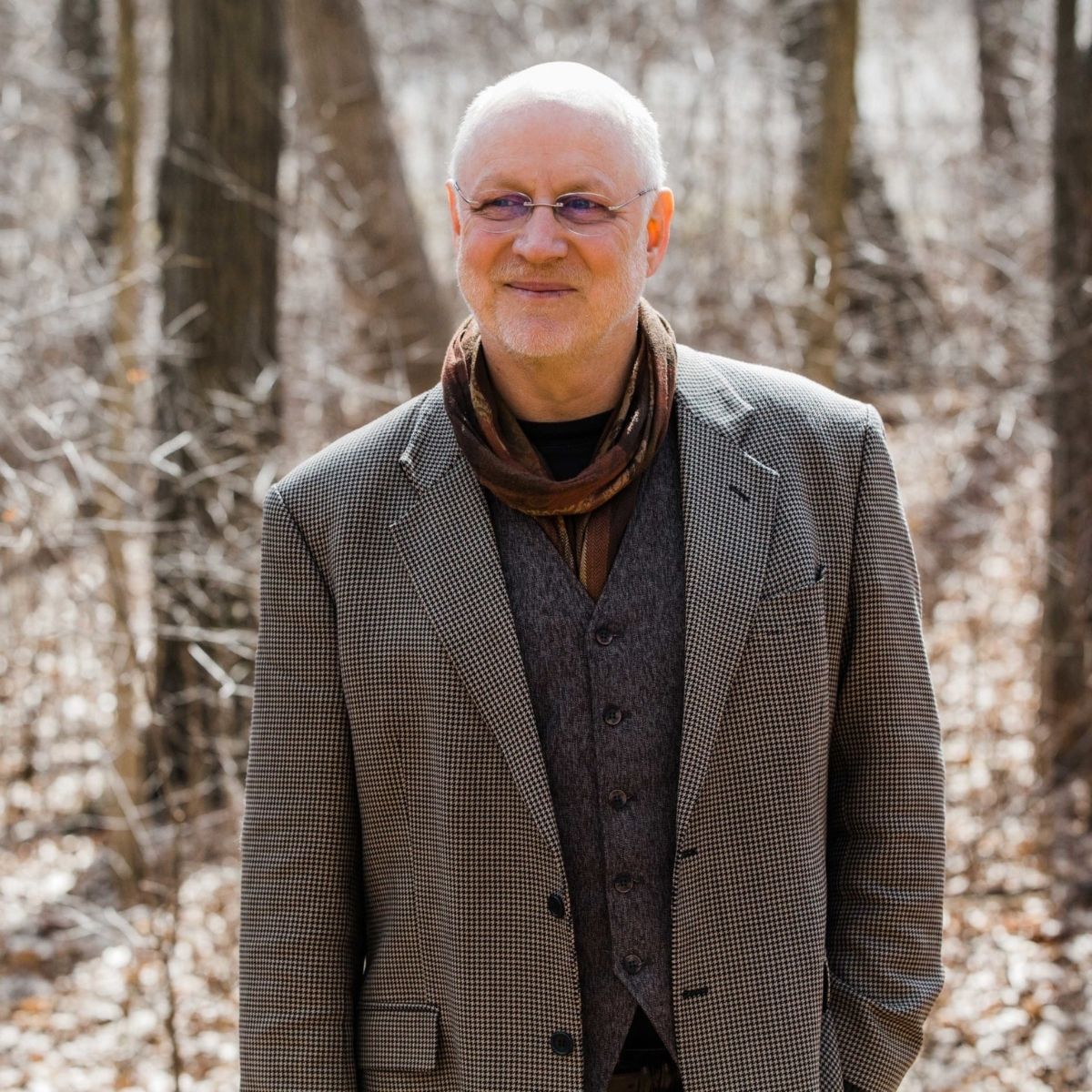
The experience of having a baby is marked by extreme intensity of emotion and change. The euphoric pregnancy hormones lead to a burst of soaring heights of positive emotion at birth, and then it can feel as though you fall off a cliff. Chemically, physically, emotionally, psychologically, intellectually, and relationally it can feel like you are in a state of chaos. Your body slowly arcs back up to a new equilibrium after the shocking physical experience of pregnancy and birth while incorporating the physical dependency of your new infant. Your identity is like a puzzle in pieces on the floor; everything you thought you knew and knew you were is now in question, and the needs of your new baby push you to the limits of human functioning.
A certain amount of emotional surfing can be expected; you have to ride the waves of emotion that accompany pregnancy, childbirth, and parenting a newborn. There will be high highs and low lows with some wipeouts when you find yourself crying hysterically because your husband ate the last cookie (or maybe that is just me). You will be taken to the extreme ends of human emotional experience: the soaring height of transcendent joy and the abysmal low of desperation. It will all feel beyond your control. For some women, this time is weighed down with a feeling of gloominess. This is the Baby Blues, and this is not an abnormal thing to birth along with your baby. As a matter of fact, 80% of women experience some mood disturbances after pregnancy. [LINK] For most women, turning toward your baby and focusing on enhancing your bond while allowing yourself time to feel out your new place in the world is enough to send the tide out on the Baby Blues. After which time, you will have settled into a new routine, established yourself as a mother, and formed a secure attachment with your baby.
For 10-20% of these women, the Baby Blues don’t fade and they can progress into Postpartum Depression (PPD). [LINK] PPD is a heavier version of the Baby Blues that interferes with your ability to function and may require addressing to clear. Your thoughts may betray you as PPD’s voice convinces you of things that are not true: “My baby doesn’t love me.” “I am failing as a mother.” “I am fat.” “I am ugly.” “I can’t do this.” It can feel like you are in an emotional hole that you fell into after birth out of which you can’t quite seem to climb. You may cry uncontrollably with little instigation, struggle to bond with your baby, and have trouble moving through the tasks of the day.
Might you have PPD?
- Are you feeling sad or depressed?
- Do you feel more irritable or angry with those around you?
- Are you having difficulty bonding with your baby?
- Do you feel anxious or panicky?
- Are you having problems with eating or sleeping?
- Are you having upsetting thoughts that you can’t get out of your mind?
- Do you feel as if you are “out of control” or “going crazy?”
- Do you feel like you never should have become a mother?
- Are you worried that you might hurt your baby or yourself? [LINK]
If you are feeling this way, recognizing PPD for what it is and taking steps to enhance your bond with your baby, evicting the PPD talk and replacing it with your positive voice, and granting yourself the time and opportunity to settle into your new self can be enough to clear the fog. Sometimes it’s not. There are so many resources that you should not hesitate to tap into if you think it would be in your and your baby’s best interest to receive treatment. You can get the help of a therapist (ideally an MFT); seek the support of a PPD group of other suffering mothers; take a class like Sage Baby infant massage, which helps you to be a more successful mother (competent and confident in meeting your baby’s needs) while connecting you to a group of other new moms; get some Sage Coaching to receive the practical guidance you need to get your mothering sea legs; educate yourself with quality information (the Sage Parenting book series can help there); and in very serious cases, receive pharmacological treatment. You may even feel some anger or resentment toward your baby for the loss of your previous life and your current emotional state. If you ever feel the urge to hurt yourself or your baby, get help immediately.
While utilizing resources and getting help can be crucial, it is important to recognize that all “treatments” are not created equal. I was recently a guest on a radio show about PPD in which the expert panelist was a very prominent leader in the field of PPD treatment. I was excited for the show and optimistic about the potential effects of having this discussion on this public forum. For a half hour I sat there listening to various iterations of the same treatment, pounded into the PPD treatment storyline: “date night,” “an hour a day to yourself,” “alone time,” “independent interests.” I was sadly not surprised yet utterly disappointed that at no point in this entire discussion was Postpartum Depression or its potential treatment discussed in the context of the relationship out of which it is born! This is insane!
It is imperative that we bring to this conversation a voice of connection, a conceptualization of PPD as existing within a transition into a special relationship. While I am not going to argue against giving a new mom permission to soak in a solo hot bath, I am going to passionately suggest that we incorporate flourishing the bond between mother and baby into our modern ideas of PPD treatment. (Coincidentally, one of my favorite times of the day is my evening bath with my baby.)
To grow into your bond with your baby, to allow yourself to be fundamentally touched by the attachment and to reach your parenting potential to guide this child, you must get to know yourself anew. This is not a passive quest but an active journey, one in which a postmodern (narrative oriented) pyschotherapist can act as your witness, posing questions that reframe your perspective and enlighten your path. But regardless of your chosen modality for finding your footing as the new you, this journey does not necessarily require separation within the mother-baby dyad. From the logistical detail of inviting Baby into the therapeutic space, to the broader conversations shifting from, “Try lots of new hobbies and figure out what you like to do on your own so you can remain a whole person (Don’t get lost in motherhood!)” to “In what ways are you now going to be fulfilled with the addition of your role as mother into your personhood (example: ‘What physical activities can you now incorporate into your life with your baby that will address your need for physical activity?’),” a fully integrated new you can leave you feeling grounded, stable, and ready to step into your new life as the mother to your baby. It is the work of living the answer to the question, “Who do you choose to be?”
For some women, the experience of the Baby Blues or PPD is woven with a strong strand of love for their baby that prevents them from completely unraveling and keeps them tied to a reality-based perspective. For other women, meeting their newborn is not love at first sight—and that is okay, just like meeting your partner may not have been love at first sight. You and your partner engaged in a courtship dance that drew the two of you to fall in love. The same can be accomplished between a mother or father and a child.
When you don’t feel instant love for your baby, who is demanding everything you have to give and more just to stay alive, you can feel repelled when not directly engaging in the caretaking behaviors required for survival. This causes you to avoid behaviors like holding your baby, having skin-to-skin contact, breastfeeding on cue, babywearing, performing infant massage, giving kisses, engaging in conversation, and being consistently and attentively responsive. Ironically, these are the very behaviors that can foster the bond between you. [LINK]
Engaging in attachment-promoting behaviors raises the levels of oxytocin in both your and Baby’s bodies. They call oxytocin the “love hormone” for a reason. It is a feel-good hormone that boosts your mood and makes you feel intensely positive feelings toward whomever you are engaging. Partaking in these behaviors helps you really get to know your baby. Knowing them well allows you to accurately interpret their cues and turns you into a more competent parent. When you are able to competently meet their needs, their trust is fostered. When they learn to trust in their parent, their need to cry is reduced and the amount of positive feedback you receive from them dramatically increases. When you are having successful interactions with a baby who is happy to receive you, you feel drawn to be close to them. Starting with one small attachment-promoting behavior, you can move step-by-step closer, spiraling into attachment with your baby.
After the birth of my first baby, I felt like my baby emitted this glowing light, but everything else was gray. I knew that I loved him so intensely but was so worried that he didn’t love me; I was almost consumed by it when I was alone. I felt hideous and out of sync with the world the way I used to exist in it. I cried. I would cry and cry and was not really able to articulate why to my husband. I loved my baby, I was a really good mom, and no one on the outside knew I was feeling the way I was. It almost felt ungrateful to talk about it out loud. It wasn’t until I had cleared the fog that I realized that all those things I kept thinking in my head were just the PPD talking, not reality, and certainly not my baby. Once I stopped worrying about doing everything I was “supposed” to do and surrendered to the bond between us, I found trust, and I found myself as a mother.



+ Comments
Join the discussion →
0